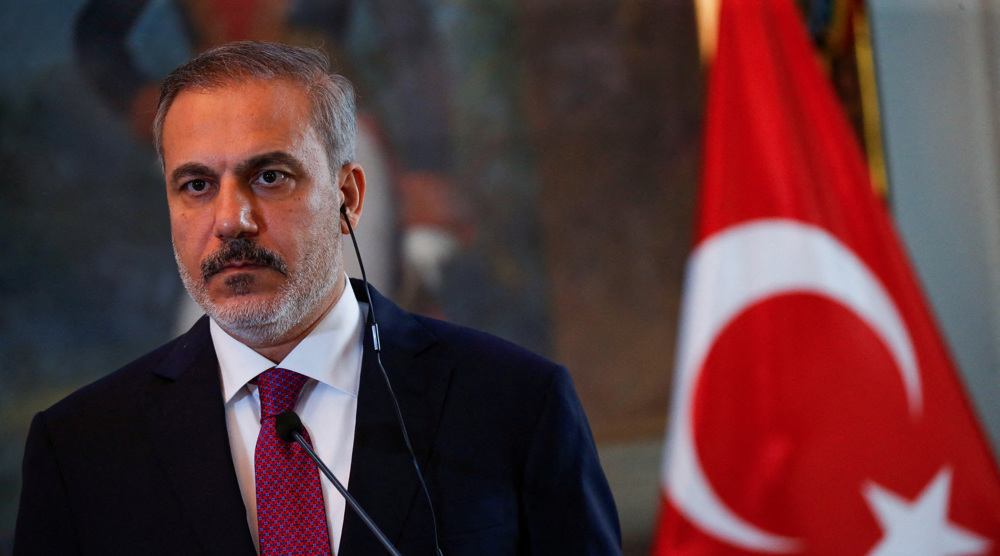AKP leading Turkey toward totalitarianism: Gulen
US-based Turkish opposition cleric, Fethullah Gulen, says the current leaders of his country are taking Turkey down the path of “totalitarianism.”
In his op-ed titled “Turkey’s Eroding Democracy” published by the New York Times on Tuesday, Gulen accused the country’s ruling Justice and Development Party (AKP) of launching a clampdown on civil society and said the authorities in Ankara view every “democratic criticism” as an attack against the government.
“By viewing every critical voice as an enemy -- or worse, a traitor -- they are leading the country toward totalitarianism,” said Gulen, adding, “Turkey’s current leaders seem to claim an absolute mandate by virtue of winning elections. But victory doesn’t grant them permission to ignore the Constitution or suppress dissent.”
The Turkish government’s ally-turned-foe further stated that human rights and democracy have been completely shelved in Turkey under the AKP’s rule.
This is while local media in Turkey reported earlier in the day that Ankara canceled Gulen’s passport, the latest salvo in a bitter feud between the cleric and President Tayyip Erdogan.
The Turkish Foreign Ministry has yet to comment on the media reports.
Gulen’s Hizmet (Service) movement was an important supporter of the AKP when it came to power 11 years ago.
The alliance, however, shattered after dozens of political and business allies of the then prime minister, Erdogan, were arrested in police raids over a graft probe involving the premier’s government in December 2013.
The president has accused Gulen of using his influence in the country’s police and judiciary to prompt the corruption probe to bring down his government. The cleric has, however, denied the allegations.
Erdogan has also dismissed hundreds of police and prosecutors believed to be linked to the cleric. Turkish authorities have arrested dozens of Gulen’s supporters in recent months.
Gulen has lived in self-imposed exile in Pennsylvania since 1999.
SZH/MKA/SS
UN rapporteur: Israel engaged in 'ethnic cleansing' in West Bank
French MPs adopt resolution, calling for seizure of Russian assets
Israel jets bomb Damascus outskirts as tanks advance in Quneitra
UN Security Council meeting on Iran ‘blatant political maneuver’: Envoy
US imposes new sanctions day after Trump's letter delivered to Iran
US activists denounce Trump for using 'Palestinian' as slur
Unilateral sanctions hinder Iranian women’s empowerment, prosperity: Experts
Iran summons EU3 envoys over 'provocative' meeting at UN










 This makes it easy to access the Press TV website
This makes it easy to access the Press TV website